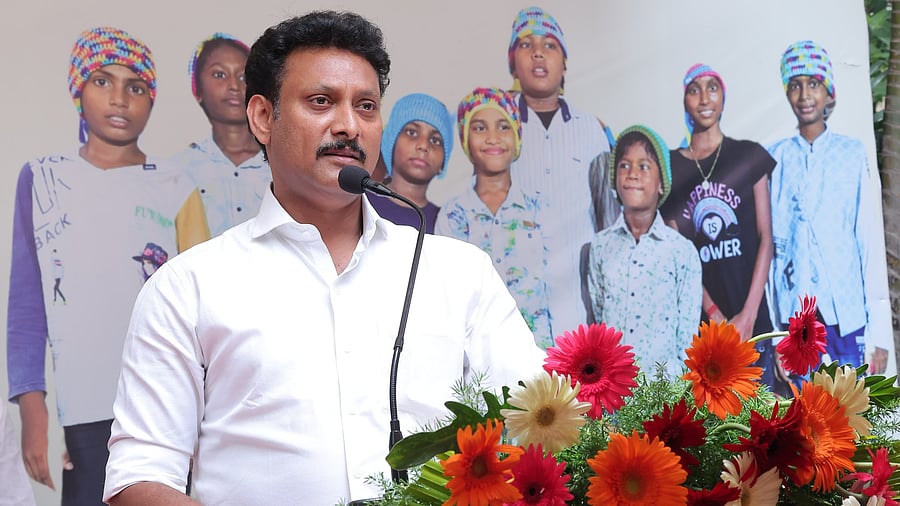
Minister Anbil Mahesh Poyyamozhi
Credit: X/@Anbil_Mahesh
Chennai: The Tamil Nadu government on Saturday responded to Union Home Minister Amit Shah’s statement that time is not far away when people speaking in English in this country will feel ashamed, saying the latter wants to paint the language as elitist, not because it harms our culture, but because it empowers the poor, Dalits, and backward communities to rise.
In a statement, School Education Minister Anbil Mahesh Poyyamozhi said English was no longer a colonial relic, but a global tool of progress.
He added that countries like China, Japan, Korea and Israel and Germany teach English not as some colonial hangover, but to lead in science, technology, and trade.
“Even China, with its strong national pride, sees English as essential for growth. But here in India, Amit Shah and the RSS want to paint English as elitist — not because it harms our culture, but because it empowers the poor, Dalits, and backward communities to rise. Like Sanskrit once was, they now want English kept out of reach for the masses,” he added.
Mahesh said Shah’s statement was about language but about control and that the DMK believes in access for all. “Tamil for identity, and English for opportunity. That’s why every child in Tamil Nadu gets both. Because language should be a ladder, not a barrier. Amit Shah’s fear isn’t of English — it is of equality and development,” he added.
However, AIADMK general secretary Edappadi K Palaniswami termed Shah’s remarks as “personal” but added that the Home Minister expressed concern over the importance given to English as one’s mother tongue. “That’s his personal opinion. Everyone is entitled to their opinion. He has stressed that mother tongue is very important,” he added.
Mahesh’s statement is significant since it comes close on the heels of the Tamil Nadu government’s insistence on following its two-language formula of Tamil and English and its Opposition to the three-language formula mooted by the Union Government’s National Education Policy (NEP) 2020.